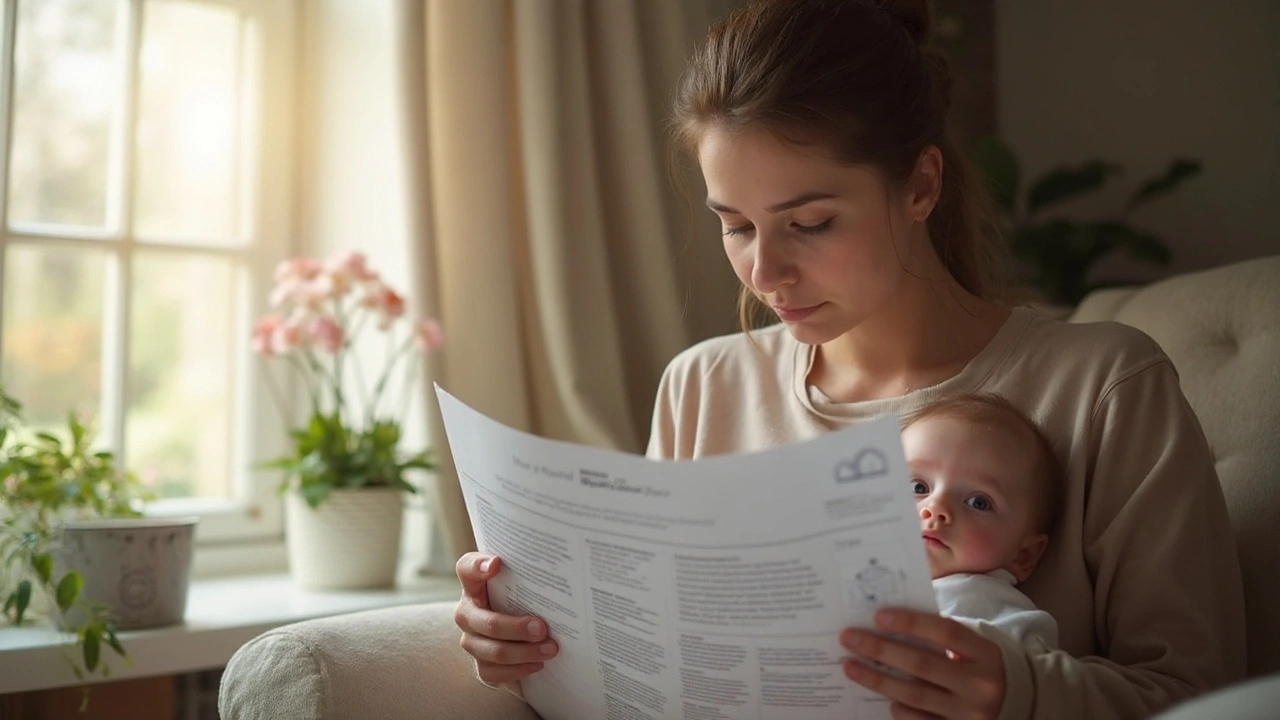
Mirtazapine for Postpartum Depression: Is This Antidepressant a Good Choice?
Curious about using mirtazapine for postpartum depression? This deep dive looks at how mirtazapine works, why it’s sometimes picked over classic antidepressants, its risks and benefits, and what real-life moms and doctors consider when choosing it. Learn helpful tips, surprising data, and honest advice about maternal mental health in this readable, truly human long-read.
View More